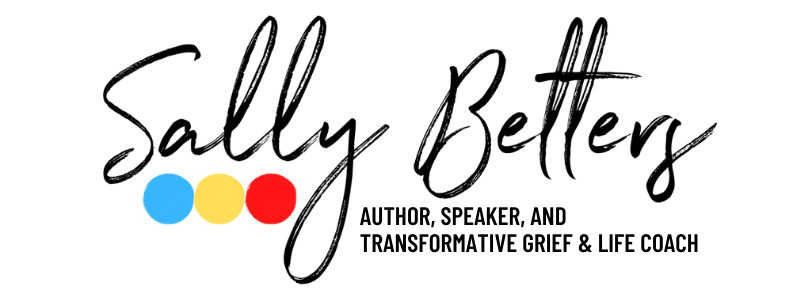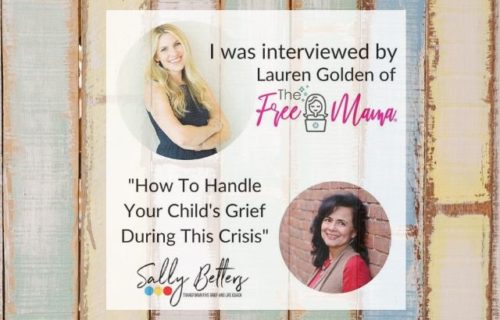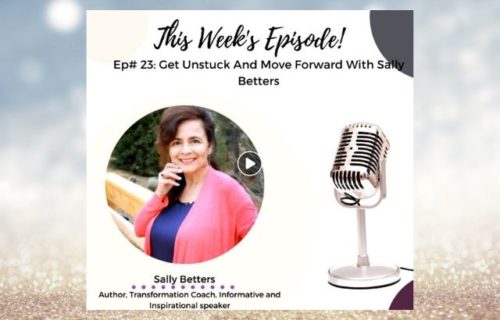
16 Signs and Strengths of Children with Dyslexia
Signs of Dyslexia in Preschool
- Trouble learning common nursery rhymes, such as “Jack and Jill”,
- Difficulty remembering the names of letters and sounds in the alphabet
- Mispronounces familiar words; persistent “baby talk”
- Doesn’t recognize rhyming patterns like cat, bat, rat
- A family history of reading and/or spelling difficulties; highly hereditary
- Severe reactions to childhood illnesses
- Chronic ear infections
- Constant confusion of left versus right
- Late establishing a dominant hand
- Difficulty learning to tie shoes
- Trouble memorizing their address, phone number, or the alphabet
- Skips or misreads prepositions (at, to, of)
- Can’t sound out unknown words
- Trouble remembering sequences, such as singing the letters of the alphabet or saying the days of the weeks
- Cannot sound out even simple words like cat, map, nap especially when there are no pictures or context clues.
- Does not associate letters with sounds, such as the letter b with the “b” sound
Signs of Dyslexia in Grades K–2
- Confuses letters that look similar (b, d, p, q) and letters that have similar sounds (d/t; b/p; f/v).
- Letter or number reversals continuing past the end of first grade
- Slow, choppy, inaccurate reading: guesses based on shape or context
- Ignores suffixes. Omits the end of a word when reading and writing (for example, leaving off the s in cats or the ed in jumped).
- Slow, choppy, inaccurate reading: guesses based on shape or context
- Difficulty telling a story in a logical order
- Has trouble remembering and following directions with multiple steps.
- Often substitutes words when reading aloud, like saying the word house when the story uses the word home.
- Doesn’t seem to know how to sound out unfamiliar words
- Confuses vowel sounds.
- Can’t remember how words are spelled and apply spelling rules in writing.
- Frequently, reads a word incorrectly, even after having just read the same word correctly earlier in the same text.
- Difficulty understanding individual sounds in words and/or blending sounds to make a word.
- Difficulty telling time on a clock with hands.
Signs of Dyslexia in Grades 3–5
- Skips over it unfamiliar words.
- Often can’t recognize common words or sight words, at a glance, such as where and there, and tries to sound them out.
- Trouble explaining what occurred in a story or answering questions about details.
- Frequently makes the same kinds of mistakes, such as reversing letters (writing bots instead of dots) or mixing up the order of letters (writing stop instead of spot).
- Has trouble with spelling, such as quickly forgetting how to spell many of the words he studies or spelling the same word correctly and incorrectly in the same exercise.
- Takes a very long time to complete reading assignments and becomes frustrated and agitated. Avoids reading whenever possible.
- Seems to read at a lower academic level than the one at which he speaks; may have a smaller vocabulary than other kids his age because he doesn’t like to read
- Trouble with math – memorizing multiplication tables – memorizing a sequence of steps – directionality
- Extremely messy bedroom, backpack, and desk
- Dreads going to school – complains of stomachaches or headaches
Signs of Dyslexia in Teens and Tweens
- Often reads slowly, omitting small words and suffixes when reading aloud.
- Makes lots of spelling errors.
- Often struggles to remember common abbreviations, Mr., Mrs., including ones that are used on social media, such as idk and cul8ter.
- Has trouble expressing ideas in an organized way when doing writing assignments.
- Uses words like stuff or thing rather than a more specific phrase
- Often doesn’t get the joke; has trouble understanding idioms and puns.
- Does better hearing information audibly.
- Avoids reading whenever possible or becomes frustrated or agitated when reading.
- Seems to read at a lower academic level than the one at which he speaks; may have a smaller vocabulary than other kids his age because he doesn’t like to read.
- Rarely has a fast response in conversations; struggles when put on the spot
- Suffers extreme fatigue when reading
- Performs rote clerical tasks poorly
- Limited vocabulary
- Extremely poor written expression
- Large discrepancy between verbal skills and written compositions
- Unable to master a foreign language
- Difficulty reading printed music
- Poor grades in many classes
- May drop out of high school
Strengths
- Great imagination
- Ability to figure things out; gets the gist of things
- A good understanding of new concepts; eagerly embrace new ideas
- Surprising maturity
- Enjoys solving puzzles
- Talent for building models
- Excellent comprehension of stories read or told to him
- Has a high capacity to learn
- Shows noticeable improvement when given additional time on multiple-choice examinations
- Demonstrates excellence when focused on a highly specialized area, such as medicine, law, public policy, finance, architecture or basic science
- Excellent writing skills if the focus is on content, not spelling
- Highly articulate when expressing ideas and feelings
- Exceptional empathy and warmth
- Successful in areas not dependent on rote memory
- A talent for high-level conceptualization and the ability to come up with original insights
- Inclination to think outside of the box and see the big picture
- Noticeably resilient and able to adapt
Sources:
www.dyslexia.yale.edu/dyslexia/signs-of-dyslexia/
Shaywitz, Sally. (2002) Random House, New York, Overcoming Dyslexia: A New and Complete Science-Based Program for Reading Problems at Any Level
https://www.thereadingcenters.com/dyslexia.html
By Sally Betters, Certified Life Coach



